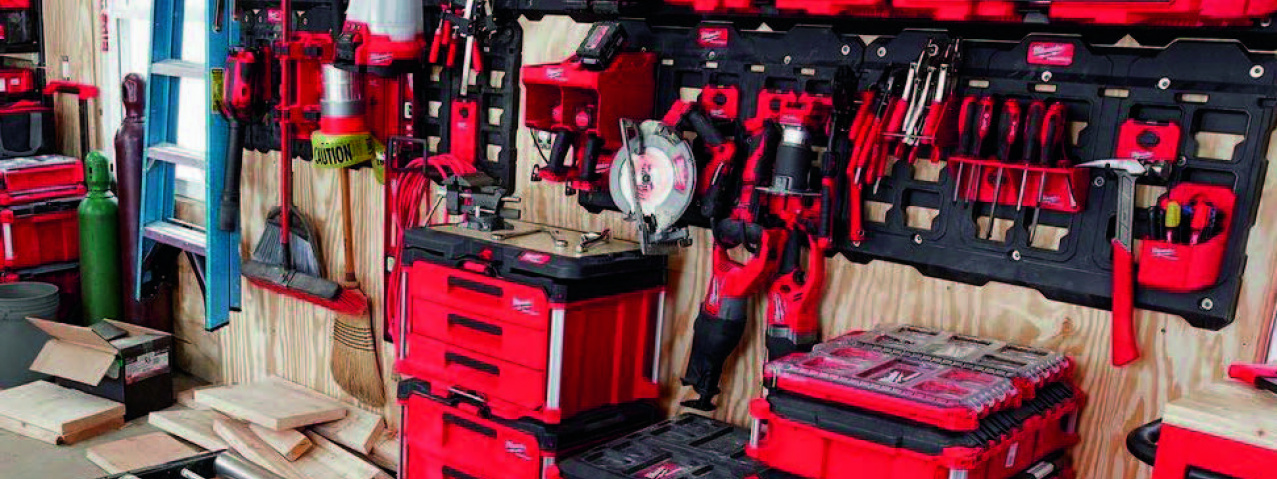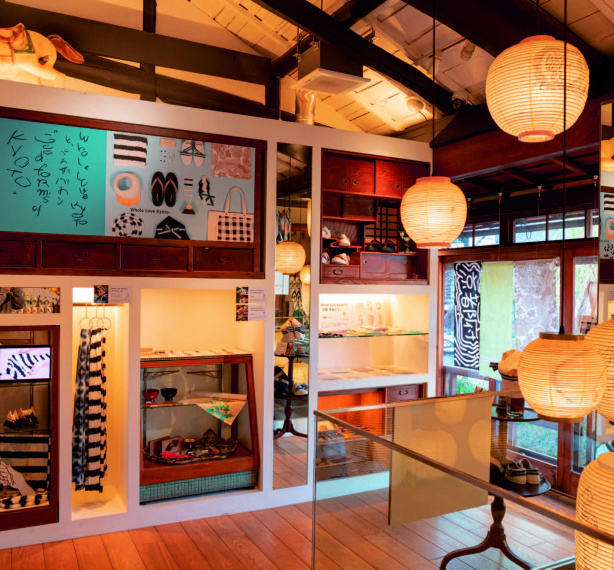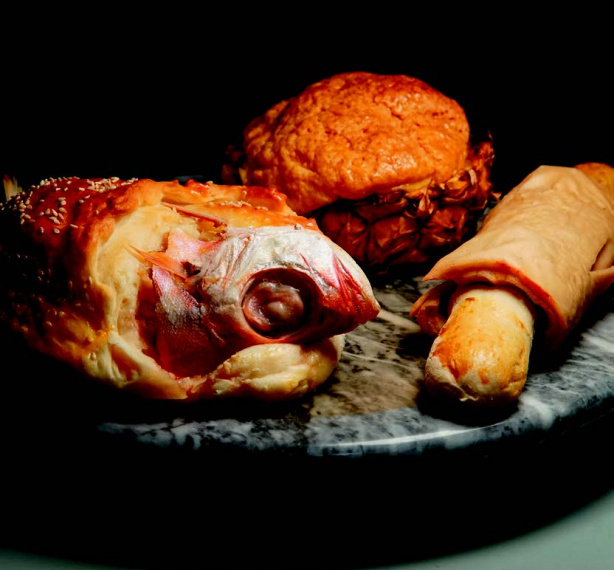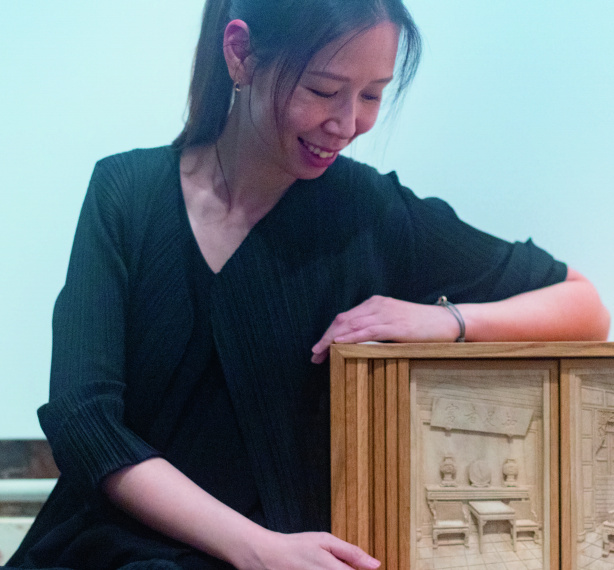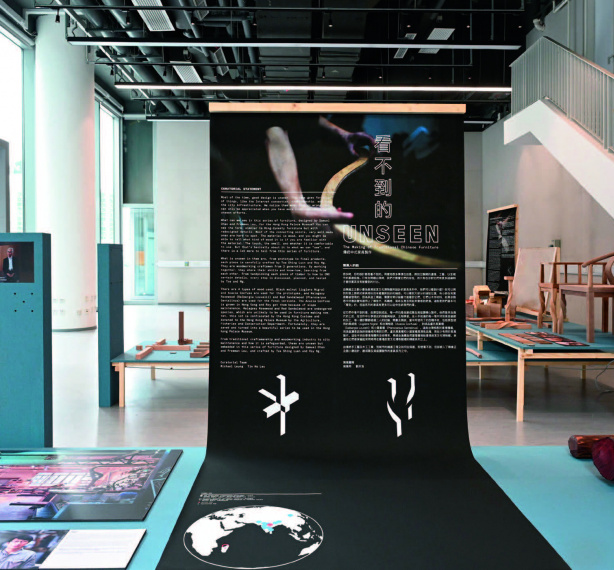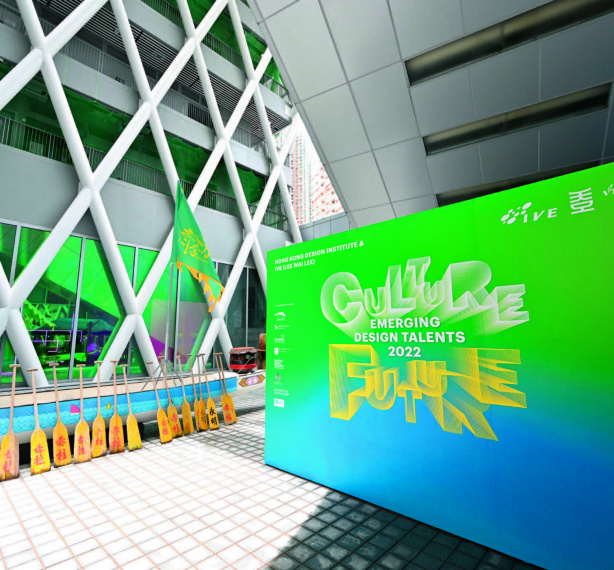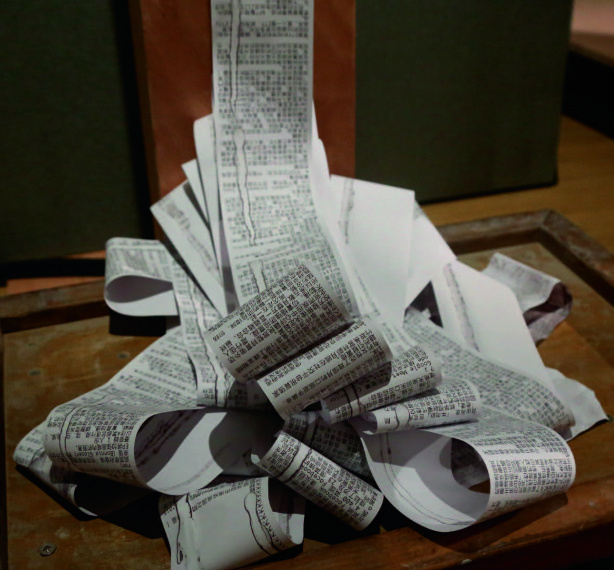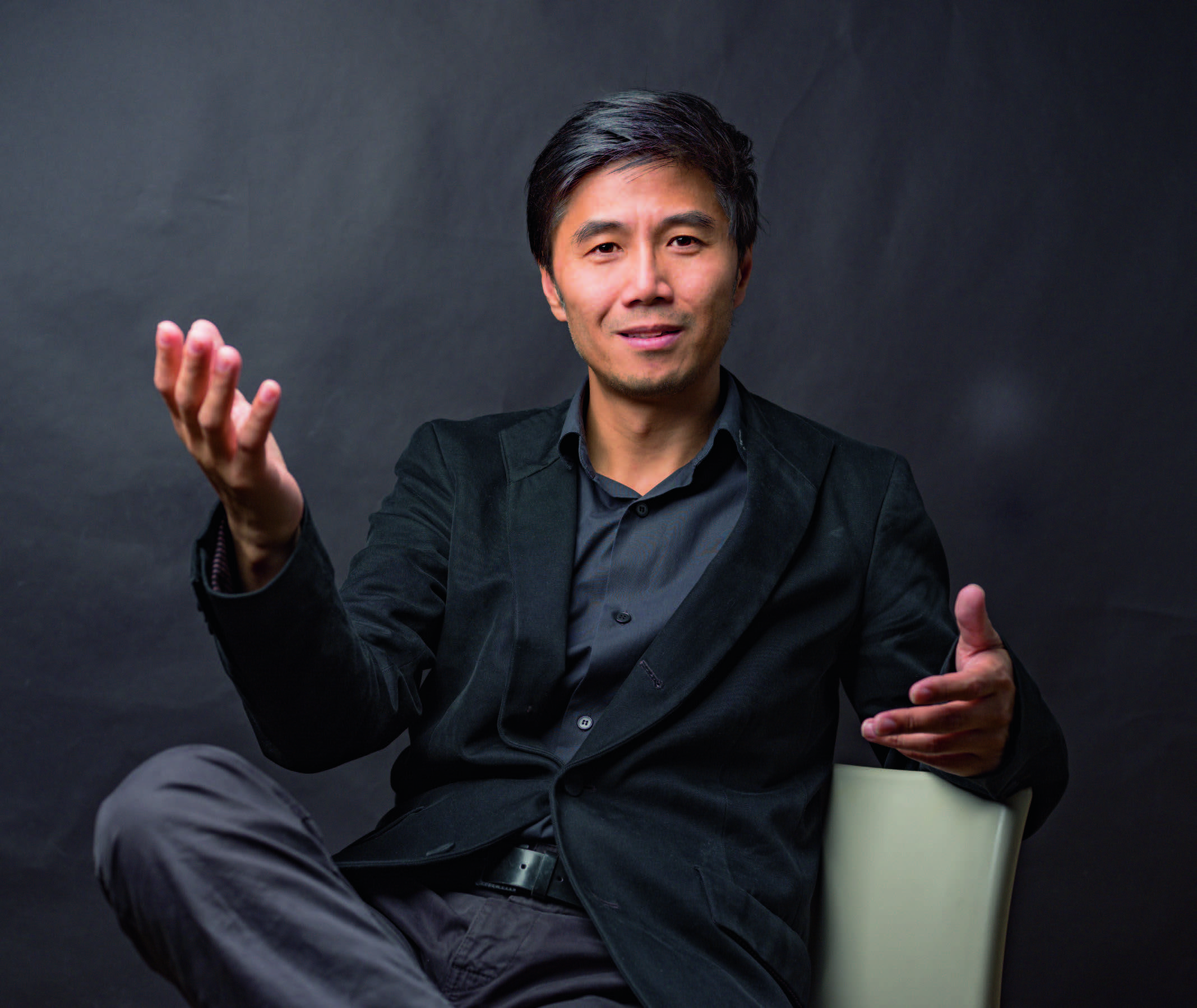
|
Leon Yoong will be speaking at the Panel Discussion session entitled "Design Impact - Now and Beyond" at the VPET Conference for Design on 9 December 2022. This is part of the Future Skills Community Event, which is held to commemorate the 40th Anniversary of the Vocational Training Council (VTC). Let's find out what Yoong has to share before the big event.
Changes are the only constant in design
The digital transformation of knowledge and delivery is helping reduce barriers to home improvement and driving positive social and environmental changes, as shared by Leon Yoong, Senior Vice President of Techtronic industries Company Limited (TTI). Over the last few years, as people spent more time at home, they discovered areas for improvement in their habitat. The explosion of influencers, advocates and brand ambassadors spread trends and created engaging content that was accessible and inspiring. From inside-tips, How-To's and top 10, they simplified the steep learning curve of DIY, making the living spaces more functional, comfortable, secure and tidy.
"TTI actively supports this movement on our websites e.g. hosting R yobi Nation and social media channels to supporting content creators and enthusiasts to share their projects in Australia, North America and Europe," said Yoong. TTI also observes these activities and creations for inspiration within product development.
Digital transformation has also changed the way the company works, through web-based conferencing software, and on-line collaboration tools have helped TTI connect with employees, manufacturing facilities, and partners across time zones when travelling was limited by the pandemic. The new rhythm of interaction has resulted in
strengthened communication, respect and team trust, ultimately contributing to the development of more globally democratized tools.
Brand identity is a key ingredient to sustainable product success
Speaking of how design underpins product success, Yoong underscored the importance that "There is not only one rule". Since every industry has its own norm and every brand has its own character, what works in one may not be applicable in another. For example, a singular visual identity for a tool brand at TTI can help consumers recognize the brand at a glance. Yet, applying the same brand identity logic to fashion could lead to a loss of differentiation, and personal identity, everyone would
be wearing a uniform!
According to Yoong, it is crucial in balancing the consistency of branding and the constant changes in innovation. "The world itself will keep reinventing itself and designers must apply strategic thinking to make branding and innovation work side by side without confusing the customer." Quoting the Visual Brand Language concept that he introduced to TTI in the mid-2000s, he shared that a well-defined identity can support designers and the business in managing highly successful products,
categories and brands.
He further explained that the designer is a core team member alongside the engineer and product manager and have a strong roles to play in creating products for the international market, optimizing needs and regulations of the regions, and communicating the product's benefits and functionality to customers. "Designers also have unique radars and research skills. They can identify trends quickly and act to innovate and trigger new category growth," said Yoong.
Empowering communities, knowledge transfer and sustainability
The impact of design does not stop at generating new business but ventures into promoting self-reliance and industrial safety. Ryobi Cordless powered tool systems, for example, are designed to provide DIY users the needed functions, performance and versatility for repairs, home improvements and maintenance in a modular and scalable system. For professionals, the Milwaukee® tool platforms address an industrial construction environment of productivity durability and safety. Cleverly designed tools are bringing people together, as evidenced in the strong social media following of TT's brands, as well as the myriad TV shows and inter net celebrities themed around DIY projects. Excellent designs are fostering environmental sustainability too. TTI's tools, for instance, are designed to be modular for forward and backward compatibility. Users can keep the system running simply by replacing batteries and buying just the tool they need because of a standard footprint.
"Cordless tools can displace older generation gasoline technologies, and smaller tools can help reduce carbon emissions from packaging, product materials, and transportation,". said Yoong.
|
